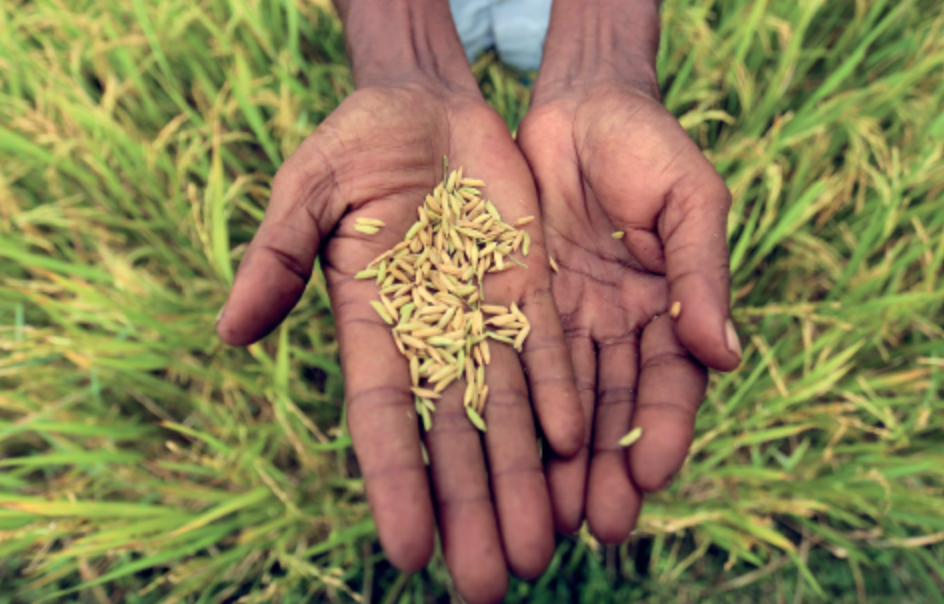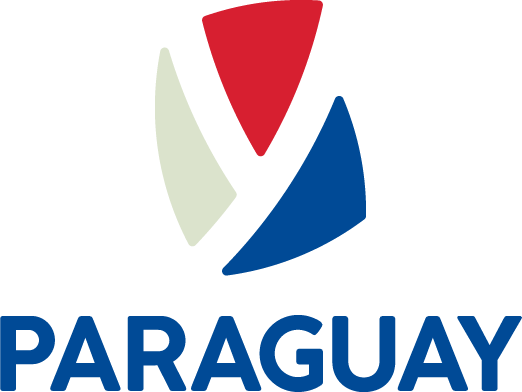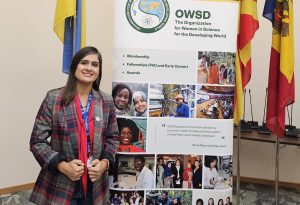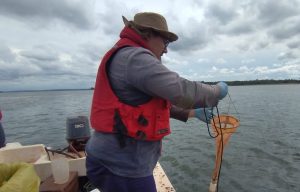Un sitio web Oficial de la Universidad Nacional de Asunción
The Contribution of Innovative Technologies to Sustainable Agriculture

The Vienna Center for Disarmament and Non-Proliferation (VCDNP) cordially invites you to attend a webinar on the contribution of innovative nuclear technologies to sustainable agriculture development. The webinar will take place on Thursday, 1 April 2021, from 14:00 to 16:00 Central European Summer Time (CEST) via Zoom. The event will also be livestreamed to YouTube.
Nuclear science and technologies are part of the cutting-edge research and development efforts that are accelerating globally to develop and implement sustainable, climate-smart agricultural practices. Using radiation for plant mutation breeding dates back to the end of the 19th century with the discovery of the x-ray. The International Atomic Energy Agency (IAEA) has been a driving force behind the development and use of this technology for plant mutation breeding. Together with the Food and Agriculture Organization (FAO) it assists its Member States to produce more and better crops that improve food and nutrition security and the livelihoods of farmers, while benefiting the natural resource base that sustains these agricultural practices.
The VCDNP published a case study which examines how the use of radiation for plant mutation breeding has improved crop production and the livelihoods of farmers in Bangladesh, and considers the lessons learned from its successful application of this technology. This webinar will build on the case study, reflecting on the experiences of Bangladesh, Peru and Japan. In addition to highlighting the contribution of this nuclear technique to sustainable agriculture, the webinar will also consider how access to radiation technology can be expanded in a safe, secure, and sustainable manner to contribute meaningfully to the UN Sustainable Development Goals.
Panel:
Ivan Engelbrecht, Head of the Plant Breeding and Genetics Laboratory (PBGL) of the Joint FAO/IAEA Division, will discuss the application of this technology and its benefits as well as the role of the Joint Division and the support it provides to developing countries in this regard.
Dr. Md. Abul Kalam Azad, Director at the Bangladesh Institute of Nuclear Agriculture (BINA) will explain how Bangladesh has benefited from the use of radiation technology for crop improvement and will highlight the building blocks required for the sustainable application of these technologies.
Dr. Luz Gómez, Principal Professor and Head of the Cereals and Native Grains Research Program of Universidad Nacional Agraria La Molina in Peru, will explain how plant mutation breeding improved crop yield and quality in Peru and improved the livelihoods of farmers.
Professor Tomoko Abe, Head of Laboratory at the RIKEN Nishina Center for Accelerator-Based Science (RNC) in Japan will share the ground-breaking research she is leading on the use of ion beam irradiation to further advance breeding technology and produce new plant and microbial varieties that will contribute to solving global food, health, environmental, and energy issues.
Dr. Suresh Pillai, Director of the National Center for Electron Beam Research at Texas A&M University and a designated IAEA Collaborating Centre for electron beam technology for food, health and environmental applications will explain the role of the Center and the support it provides to the IAEA and reflect on pathways to expanding access to radiation technologies for developing countries.
The panel discussion will be moderated by VCDNP Senior Research Associate Ingrid Kirsten.
Online Registration
© 2022. CEMIT / DGICT / UNA.
Todos los derechos reservados.
Primer centro de investigación en obtener la Marca País Paraguay

Diseño y Desarrollo: DRIC-UNA





